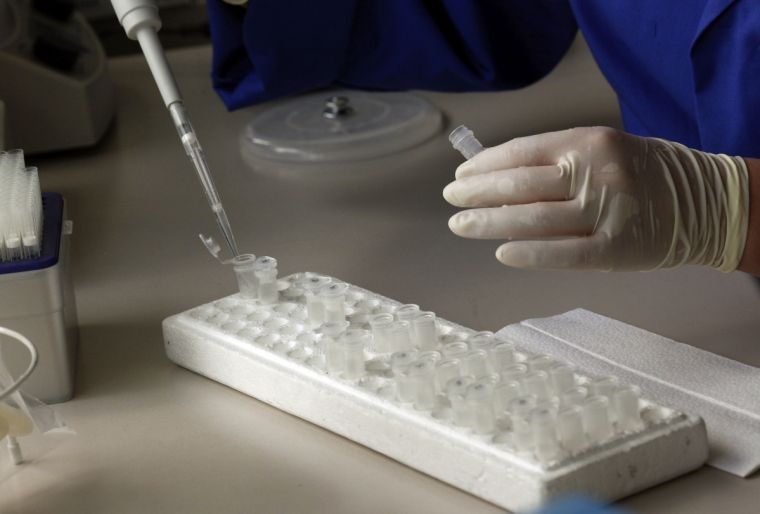3-Parent Babies: Unethical, Unproven, Dangerous And Unnecessary

As we approach 2017 we are entering a brave new world. Advances in medicine can relieve pain and cure disease. God has given us our minds to think with, to constantly question and search for answers. Yet with all the positive developments there are very real dangers for the future. Things previously thought to be science fiction are becoming a reality and we ignore the ethics of scientific developments at our peril.
One example of this was seen last week with the announcement that the government will push ahead with plans to prevent mitochondrial disease through a procedure which will in effect create three-parent children. Mitochondrial disease is a genetic condition which can cause serious problems including muscular dystrophy and heart disease. It is passed from mother to child and is truly horrible.
The government's plans sound like a good idea, but there could be very grave consequences. This procedure is unethical, unproven, dangerous and unnecessary. If legalised this takes us across a massive ethical threshold. It allows the design and manufacture of a human being with certain properties and to that extent constitutes a 'designer baby'.'
Now of course advocates of the procedure will say: "It does not allow you to select the hair or eye colour of your child. It will only allow this design and manufacture in very tightly designed contexts and for a very enlightened purposes."
The three-parent procedure will indeed be limited in this way, but once a line is crossed a precedent is set. People can say: "Well, we allow the creation of humans with certain properties in this context, so why not in others?"
That this is not scaremongering was graphically illustrated by an article published in the New Scientist just three days after the Commons voted to permit the procedure to address human mitochondrial disease. It said that critics had been absolutely right to say that what was being proposed was the genetic engineering of human beings but that this was a great thing that should be pressed much further.
The bringing into being of human life becomes a process of human design and manufacture and the result is the commodification of people. They cease be ends in themselves in the way that we are currently and this in turn shifts the foundational assumptions upon which our whole system of ethics is based.
The doubts arising from this central ethical difficulty are further compounded by recognition of the limits of what actually results from the three-parent children process. It is important to remember that the process does not cure anyone. It simply makes it possible to have a child that does not have human mitochondrial disease - but that option is open anyway through the use of a donor egg.
The process is unnecessary as it might not even prove to be effective. For example, when the Newcastle team did their initial research they found that one in five stem cell lines derived from the embryos they created showed an increase in the mitochondria DNA carried over. This highlights that the technique may even fail to vanish mutant mitochondria, which makes this whole exercise ineffective. It can indeed be a horrible disease, but many people have abnormal mtDNA and are not affected – and only very rarely are some affected severely. We need to be careful not to buy into the 'need' for this as the 'need' is for a tiny number of people. Government estimates were that it could help about 10 lives a year. Hardly a big therapeutic need!
It is also dangerous because there is no research into how this technique will affect the embryo as it develops into a child – it risks the possibility of creating a whole new set of problems. Moreover, the resulting DNA will be passed down to future generations so there are intergenerational links which raise alarming possibilities.
The current developments in the UK are banned in almost every other Western country for good ethical and public safety reasons. The technology would undermine the sense of identity of future generations and mark the intrusion of a third party in the reproductive exclusivity of a couple. The technology poses significant health risks to future generations as the procedures have not yet been shown to work safely in humans.
In short ethics are being sidelined for a technique that might not even prove effective. Tinkering in this way may have unpredictable consequences. Rather than responding emotionally we need to look at the facts. It instead creates a slippery slope for further genetic research. Is this the sort of society we want?
Nola Leach is Chief Executive of CARE.











